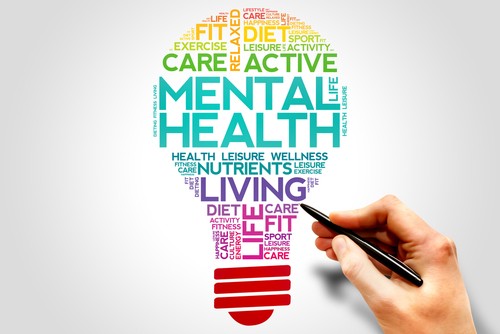Getting through breast cancer treatment can be quite difficult. The journey frequently presents emotional problems that are as real as the physical ones, from managing fatigue to dealing with side effects. Support for mental health is just as important as medical care when it comes to enhancing your quality of life.
Making use of tools for emotional well-being can have a significant impact, regardless of whether you’ve received a new diagnosis, are receiving treatment, or are a survivor. These are nine reliable resources and methods to assist those who have been diagnosed with breast cancer in obtaining mental health care.
1. Breastcancer.org Community Support
In addition to medical care, peer-to-peer assistance can offer consolation and direction. With more than 200,000 members and more than 80 forums, Breastcancer.org has a thriving online community where people can ask questions, share stories, and offer support. You can connect with people virtually from the comfort of your own home.
Learn more: Breastcancer.org Support Community
2. Young Survival Coalition
For women diagnosed with breast cancer under 40, the Young Survival Coalition offers specialized support programs. From in-person events to digital communities, this organization helps younger adults share experiences and build a supportive network while navigating unique challenges related to age and treatment.
3. American Cancer Society Reach to Recovery Program
The Reach to Recovery program pairs people with breast cancer with trained volunteers who have survived the disease. This free support service provides emotional guidance and firsthand insight, helping patients feel less isolated and more empowered during their journey.
4. Cancer Support Community
Operating a global network of over 175 locations, Cancer Support Community ensures no one faces cancer alone. The nonprofit provides live web chat, online support groups, and educational resources to help manage stress, anxiety, and other emotional challenges.
5. Bezzy Breast Cancer Forum
Bezzy’s online forums offer a safe space for people with breast cancer to connect, share personal stories, and exchange advice. Joining is free, and the platform fosters a supportive peer network across multiple health conditions, including breast cancer.
6. CancerCare
CancerCare provides free counseling, support groups, and educational workshops for those facing cancer. Services are available in-person, via phone, or online, including a 15-week online support group led by oncology social workers for people undergoing breast cancer treatment.
Visit: CancerCare
7. Art Therapy
Art therapy can help reduce anxiety, depression, and pain among cancer patients. Through painting, drawing, or other creative outlets, participants explore their emotions and find relaxation and empowerment. Many hospitals and cancer centers offer art therapy programs. You can also find licensed art therapists using the American Art Therapy Association Locator.
8. Here for the Girls
Here for the Girls supports women under 51 with a breast cancer diagnosis. The organization provides emotional support, in-person and virtual groups, outdoor events, and wellness retreats. Their programs help younger adults navigate the unique challenges of breast cancer at an earlier age.
9. Professional Counseling, Psychology, or Psychiatry
To handle stress, anxiety, or depression, licensed mental health experts such as psychologists, psychiatrists, and counselors can offer both individual and group therapy. Your demands can be satisfied by cognitive behavioral therapy (CBT) and other methods, which are occasionally combined with medicine. Teletherapy is now widely available, which makes it simpler for people living in rural locations to receive treatment. In the short term, virtual treatment may be just as successful as in-person sessions, according to research (source).
Takeaway
It’s common to feel scared, anxious, or stressed before and after breast cancer treatment. Getting mental health help improves your recovery rather than hinders it. Your emotional health can help you deal with the difficulties of breast cancer more effectively, feel less exhausted, and live a better life.
Try out a variety of resources to see which one suits you the best. The best comprehensive approach to mental health is frequently a mix of professional therapy, peer support, and creative therapies.
